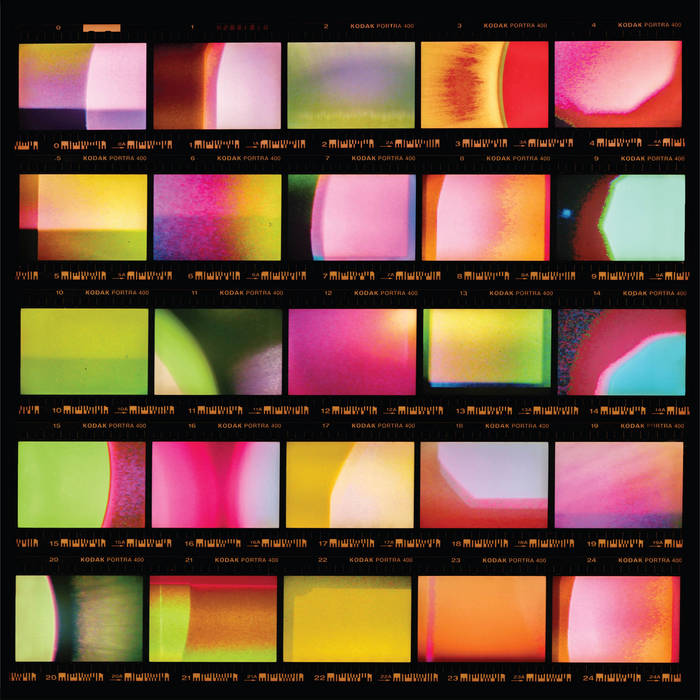Wendy Eisenberg’s Viewfinder uses the experience of laser eye surgery as a jumping off point for explorations of change, perception and self-image. Eisenberg sets the stage for the song cycle with the opening track ‘Lasik’, on which they describe the experience of their changing eyesight directly in a stream-of-consciousness narrative. “If this wasn’t true, it would be the most heavy-handed metaphor,” they sing, “but yes, I changed my eyesight, and yes, my eyes are blurry, I am surprised that healing takes forever, but changing isn’t healing.” However, much of the narrative of Viewfinder is found not in lyrical passages, but in exploratory jazz instrumentals.
Whereas past releases have focused on their free improvising or their avant-pop sensibilities, Viewfinder finds Eisenberg in group-leader mode, with the experience of navigating a newly opened-up world being portrayed through the winding contours of group improvisations. The album as a whole evokes a late-night drive, one in which the surrounding world reveals itself fleetingly in the headlights. The pieces are brought to life by a group consisting mostly of up-and-coming musicians in New York’s jazz scene, including Andrew Links on piano, Chris Williams on trumpet, Booker Stardrum on drums, and Zekereyya el-Magharbel, whose trombone playing colours the album’s offbeat vibe. Eisenberg gives the band space to fully breathe out their compositions, most notably on the instrumental twenty-two minute album centerpiece ‘Afterimage’. The piece builds continuously before fading into an atmospheric free improvisation, then re-emerges with more energy and intensity than ever before.
What’s notable is that Eisenberg, who has in the past proven to be more than capable of shredding, doesn’t necessarily step out in front of the band; their intricate, textural guitar playing acts more as a canvas for the group to fully colour in. It demonstrates a level of focus to the wider whole of the concept, allowing the record to be more than the sum of its parts. The exploratory nature of the album is perhaps best encapsulated by ‘Set a Course’, which opens with just Eisenberg’s subdued vocals. As the band slowly comes in, Eisenberg ruminates on the purpose of being an artist, singing “Open fields of nonsense / Set a course out past what I’m told isn’t progress / Find no other world can touch me.” The piece evolves into a free-form jam anchored by Eisenberg’s knotty, repetitive guitar riffing. The tone and structure of their playing on this piece suggests the influence of time spent playing with Bill Orcutt’s guitar quartet. As a whole, Viewfinder is Eisenberg’s most ambitious statement yet, and a testament to their range as an artist.


